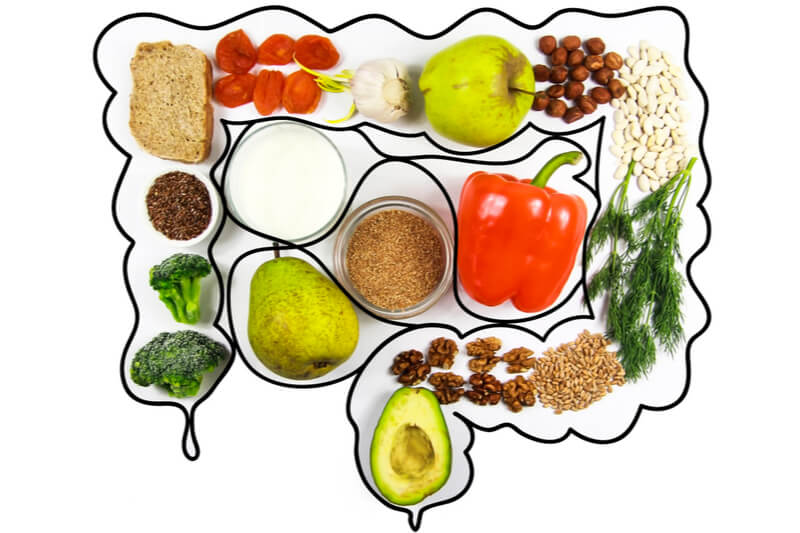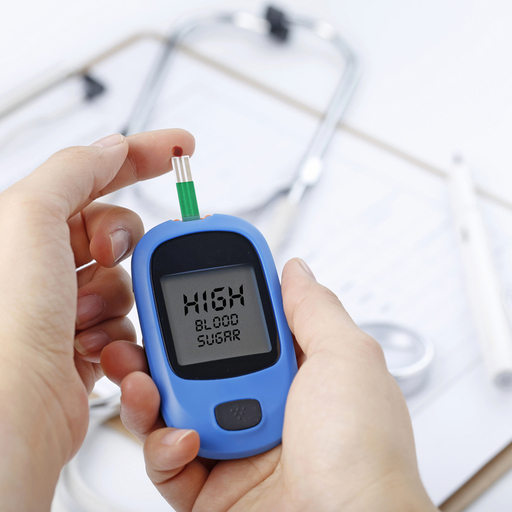A good gut can keep many health problems at bay. Making fibre a mainstay of your regular diet is crucial. A diet rich in fibre and low in saturated fat reduces the risk of chronic diseases, which include diabetes, heart diseases, and other intestinal problems.
What you should know:
- What is gut health?
- Symptoms of bad gut health
- Diabetes and gut health
- How to keep your gut healthy?
What is Gut Health?

Gut health refers to the physical state and function of the many parts of the gastrointestinal tract. Organs such as the stomach, oesophagus, and intestines facilitate our digestive system. These organs work together to enable the digestion of food without any discomfort. The food consumed is then broken down into small particles that enter the bloodstream and are transferred as nutrients to the other parts of the body.
Symptoms of Bad Gut Health

A healthy gut contains healthy microbiomes like bacteria in the large intestine that wards off infectious fungi, bacteria and virus. These microbiomes also produce several nutrients and metabolites that help the body remove harmful wastes.
When your digestive system feels uneasy, it is most likely to exhibit the following symptoms:
-
Bloating
-
Constipation
-
Bloody stools
-
Loose stools
-
Heartburn
-
Nausea and vomiting
Too much of a certain bad bacteria in your gut microbiome can also cause Crohn’s Disease, Irritable Bowel Syndrome (IBS), or Ulcerative Colitis.
Diabetes and Gut Health

According to many studies, diabetes, one of the fastest-growing diseases in the world, is also caused due to bad gut health. The abnormal and imbalanced production of metabolites becomes a part of the blood circulation, and they are responsible for diabetes mellitus. Individuals with Type 2 diabetes are unable to regulate glycaemia, as they do not produce enough insulin. As a result, cells do not absorb sugar efficiently, and blood sugar level rises, which can cause damage to internal organs.
Consuming more calories, carbohydrates and saturated fats alter the microbiome balance, reducing the beneficial bacteria and increasing the bacteria that accumulates toxin in the body. This further leads to obesity and increases the risk of being diagnosed with type 2 diabetes. The toxins increase levels of triglycerides and LDL.
How to Keep Your Gut Healthy?
Here is how you can keep your gut healthy:

-
Consume food rich in fibre, such as fruits, green leafy vegetables, beans, millets, whole grains, and lentils.
-
Include probiotics in your diet in the form of buttermilk, cheese, yogurt, curd, or pickled vegetables like onions.
-
Include prebiotics such as bananas, artichokes, garlic, soybeans, asparagus and leeks.
-
Avoid eating fried food.
-
Avoid alcohol and caffeine-related products.
Apart from a planned dietary intervention, faecal microbiota transplantation can also be a potential therapeutic approach to contain diabetes mellitus. However, if you continue facing gastrointestinal problems, consult a doctor at the earliest.
For more information on a balanced diet to lead a healthy standard of life, visit the fitness and nutrition tab on our Activ Living Page. You can also use our blood glucose calculator to keep a track of your blood sugar levels.





 1800-270-7000
1800-270-7000








